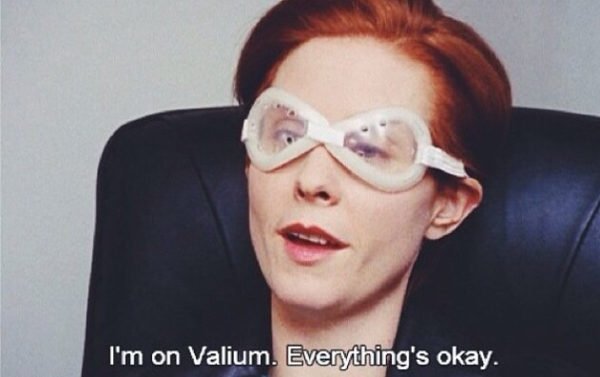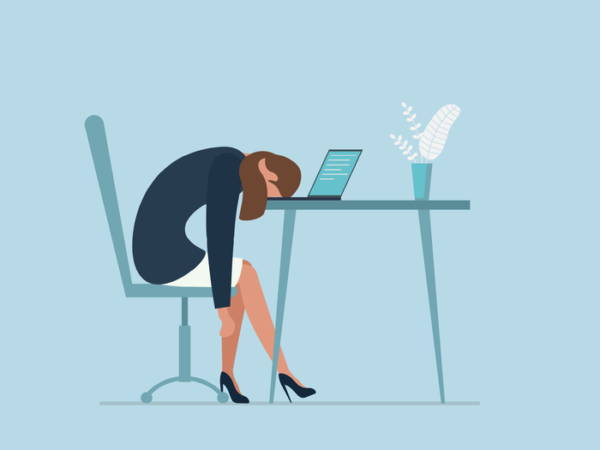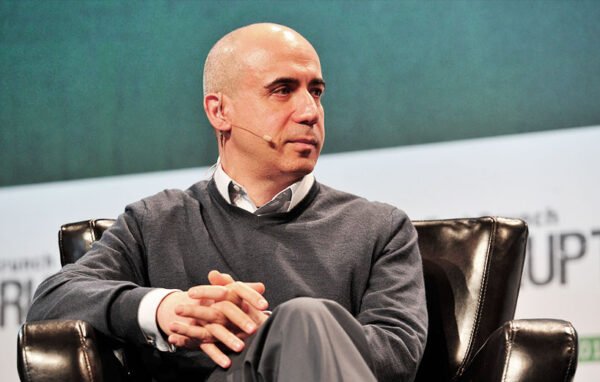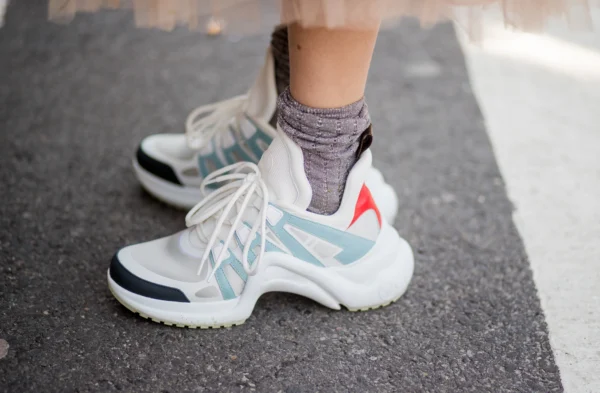
Just About had it with Your Glasses or Contact Lenses? Your Guide to Recovering Post Laser Eye Surgery

Okay, so you’ve worn your eyeglasses or irritating contacts forever, and frankly, you’re tired of the hassle. Laser eye surgery tends to be a pretty straightforward procedure. Nevertheless, the only way to tell if a surgery is right or not right for you is to talk with your eye doctor as you’re going to have a lot of questions…
What are the risks? Can it give you perfect vision? What does the procedure really entail and how well and quickly do you recover afterwards?
In order for the surgery to have a positive outcome in the end, it’s vital that you take precautions after everything has been sorted.
So, what do these precautions look like?
Don’t touch your eyes
In the first week following surgery, your eyes will be extremely delicate. Touching them risks creating a problem that will need to be corrected via more surgical intervention. Therefore, you should avoid touching your eyes at all until everything has had a chance to fully heal.
Wear Goggles
With a little bit of willpower, you might be able to resist touching your eye for a week or so. But what about at night-time? Few of us can control our behaviour while sleeping, especially if the aftermath of an eye surgery is causing discomfort. This is where goggles will help. They’ll prevent you from touching your eyes inadvertently. Wear them at night-time for the first week.
Wear Sunglasses
In the immediate aftermath of laser-eye surgery, your eyes will be particularly sensitive. They should therefore be protected using sunglasses, even while you’re indoors. Try to avoid going out into sunny conditions, as the glare may be very painful.
Administer Drops
Eye drops will help to ensure that your eyes are properly lubricated, and that they can heal properly. The risk of an infection must be minimised at all costs, so wash your hands thoroughly before you administer the drops. Again, don’t touch your face for any reason.
Rest
While you’re recovering from surgery, you’ll want to do as little as possible – especially with your eyes. Don’t try to read too much, and avoid staring at screens all day. This is an excellent time to catch up on podcasts and audio-books.
Avoid Makeup
Makeup getting in your eye is the last thing you want. Mascara and eyeliner should obviously be avoided, but so too should every other kind of makeup.
Exercise
As your recovery progresses, you’ll be able to gradually get involved in physical activity again. But this is a very gradual process. Swimming should be avoided for at least two weeks, because the chlorine in the pool may well get into your eyes, no matter how tight a fit your goggles provide. Contact sports are even more dangerous, and should be skipped for at least a month.
With that said, there’s no reason you can’t indulge in light cardio – so don’t allow this to keep you housebound!














































